Lyon, often dubbed the Gastronomic Capital of France, is a mesmerizing city nestled between the Rhône and Saône rivers. With a history that spans over 2,000 years, Lyon offers a rich blend of Roman ruins, Renaissance architecture, vibrant markets, and an unparalleled culinary scene. Recognized as a UNESCO World Heritage site, Lyon seamlessly merges tradition with innovation. Whether you're a foodie, a history buff, a lover of art, or someone who simply enjoys a city with soul, Lyon delivers a compelling experience. Let’s explore every corner of this fascinating French city.
Famous Landmarks in Lyon
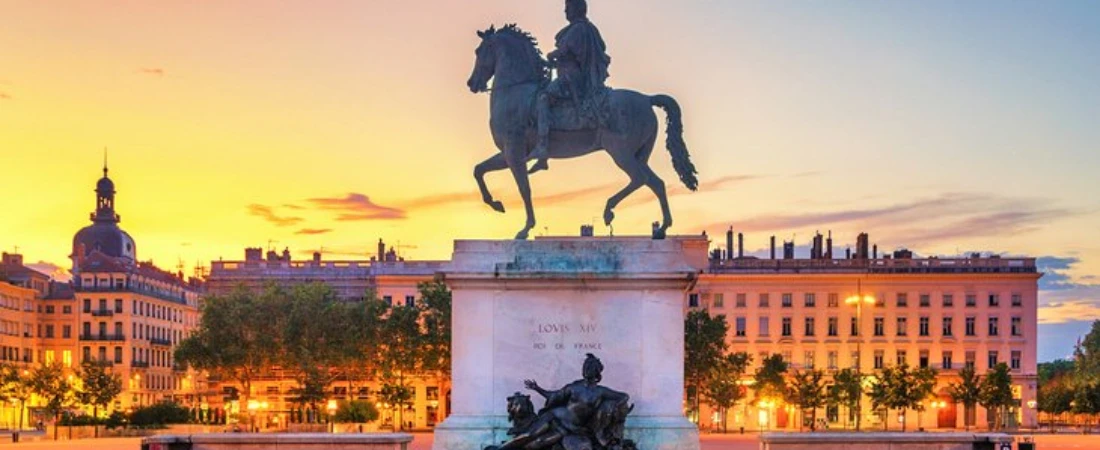
Basilica of Fourvière
Perched on a hill overlooking the city, the Basilica of Fourvière is one of Lyon's most iconic landmarks. Built in the late 19th century, the basilica is a stunning example of Neo-Byzantine architecture. Inside, visitors are treated to intricate mosaics, stained glass windows, and panoramic views of Lyon from its terraces. Pilgrims and tourists alike come here to admire the grandeur and spiritual serenity of the site. The nearby Esplanade offers sweeping views of the city, especially magical during sunset.
Roman Amphitheater of Fourvière
Dating back to 15 BC, the Roman Amphitheater of Fourvière is a tangible link to Lyon's Roman past. It was once used for gladiator combats, theatrical performances, and public events. Today, it hosts the annual "Nuits de Fourvière" arts festival, showcasing music, dance, and drama. Visitors can walk through the ruins and imagine life during the Roman Empire while admiring the amphitheater’s architectural genius.
Traboules
Lyon’s famous traboules are hidden passageways that weave through buildings and courtyards, particularly in Vieux Lyon and Croix-Rousse. Originally built to protect silk workers and merchants from the rain as they transported goods, these narrow alleys are now open to the public. They offer a unique glimpse into the city's architectural history and are a favorite for guided walking tours. Some traboules are intricately decorated with spiral staircases and Renaissance courtyards.
Vieux Lyon (Old Town)
This UNESCO World Heritage-listed neighborhood is one of the largest Renaissance districts in Europe. Wander its cobblestone streets, marvel at colorful buildings, and explore artisan shops. The area is brimming with gothic churches, historic mansions, and local boutiques. Street musicians add charm, while hidden traboules invite exploration. Don’t miss Saint-Jean Cathedral, a Gothic marvel with an astronomical clock.
Local Food: Lyonnaise Gastronomy
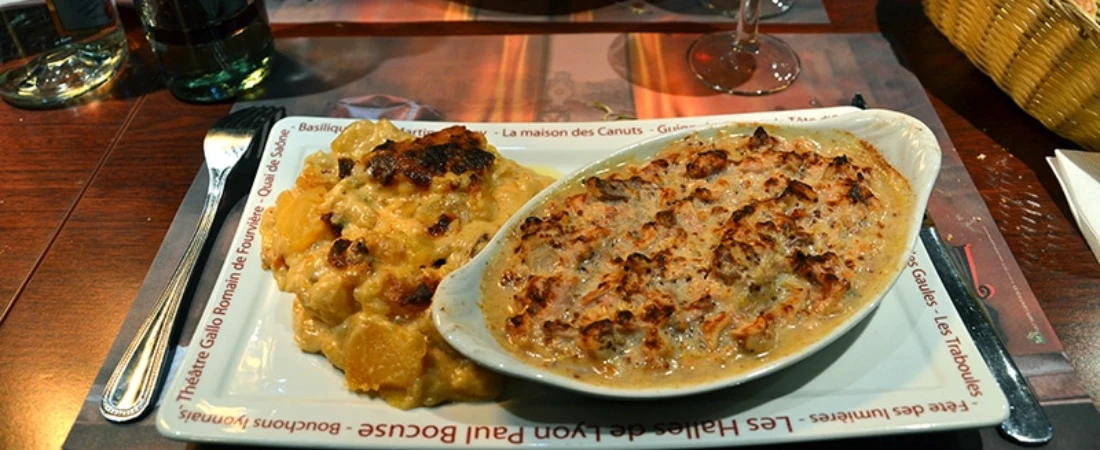
Quenelles
A classic Lyonnaise dish, quenelles are light dumplings typically made from pike fish and served with a rich Nantua sauce made of crayfish. Their delicate texture and creamy flavor make them a staple in traditional Lyon restaurants. Often accompanied by rice or vegetables, quenelles represent the sophistication of local cooking.
Andouillette
This sausage, made from pork intestines, is an acquired taste but a local favorite. Seasoned with onions, wine, and spices, andouillette is typically grilled or fried and served with mustard sauce. Despite its strong flavor and aroma, it remains a quintessential part of Lyon’s culinary heritage.
Tarte aux Pralines
A visually striking dessert, the praline tart features pink pralines (sugar-coated almonds) melted into a buttery pastry crust. It’s sweet, crunchy, and utterly unique to Lyon. Found in almost every bakery, it’s a perfect treat to accompany your coffee.
Traditional Bouchons
Bouchons are small, family-run restaurants unique to Lyon. They serve hearty, rustic dishes in a cozy, convivial atmosphere. Popular bouchons include Café des Fédérations, Daniel et Denise, and Chez Hugon. Expect to find specialties like duck pâté, lentils with sausage, and silk worker’s salad (salade lyonnaise). Meals are usually accompanied by local wines from Beaujolais or Côtes du Rhône.
Lyon's Culture and Heritage
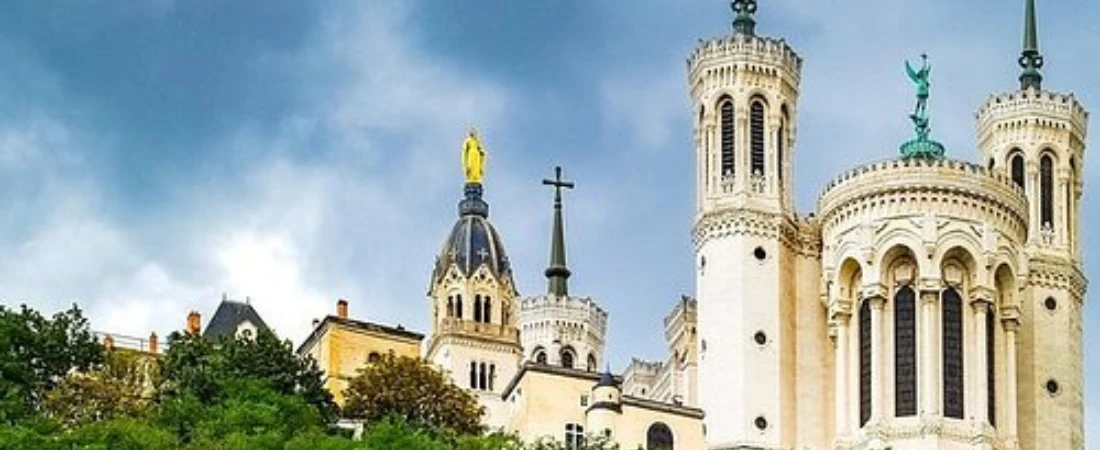
UNESCO Old Town
The historic center of Lyon, known as Vieux Lyon, is a UNESCO World Heritage site. With its Renaissance architecture, cobbled alleys, and artisanal shops, it offers a deep dive into the city's medieval and Renaissance past. The area is perfect for leisurely walks, guided tours, and cultural immersion.
Classical Music and Opera
Lyon has a vibrant classical music scene centered around the Opéra National de Lyon, which hosts world-class performances in a spectacular neoclassical building. Music lovers can also attend concerts at Auditorium Maurice Ravel, home of the Orchestre National de Lyon.
Arts and Museums
From modern art to ancient relics, Lyon’s museum scene is impressive. Visit the Musée des Beaux-Arts for one of France’s finest art collections, or the Musée des Confluences, a futuristic museum exploring science, anthropology, and civilizations. Musée Gadagne offers insights into Lyon’s history and puppetry traditions.
Lumière Film History
Lyon is the birthplace of cinema, thanks to the Lumière brothers. The Institut Lumière museum celebrates their invention of the cinematograph and showcases early films and equipment. The annual Lumière Film Festival attracts cinephiles from around the world.
Hotels in Lyon: Where to Stay
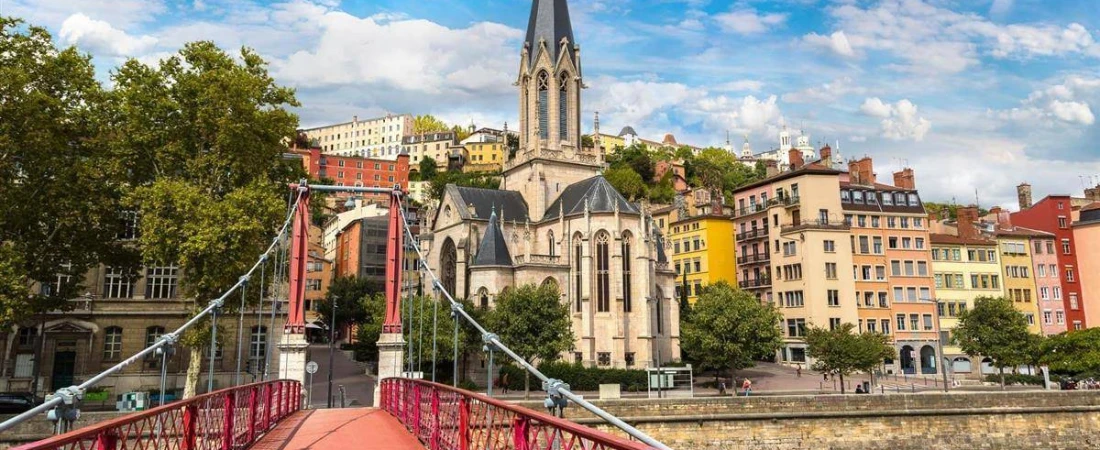
Luxury
- Villa Florentine – A five-star hotel in the heart of Vieux Lyon, offering panoramic views, refined dining, and a luxurious spa. Formerly a convent, the hotel combines Renaissance charm with modern amenities.
- InterContinental Lyon – Hotel Dieu – Located in a restored 18th-century hospital, this hotel offers riverside luxury, gourmet cuisine, and elegant rooms. The building itself is a historical masterpiece.
Boutique
- Hotel Silky by HappyCulture – Set in Presqu'île, this stylish boutique hotel features elegant interiors and top-tier service. It’s perfect for travelers seeking charm and central access.
- College Hotel – A trendy concept hotel in Vieux Lyon, decorated with school-themed items. It’s quirky, cozy, and popular with younger travelers.
Budget
- SLO Living Hostel – A chic and social budget-friendly option offering dorms and private rooms. Great for backpackers.
- Hôtel de Normandie – A no-frills hotel near Perrache Station with clean rooms and affordable rates.
Where to Eat: Top Restaurants in Lyon
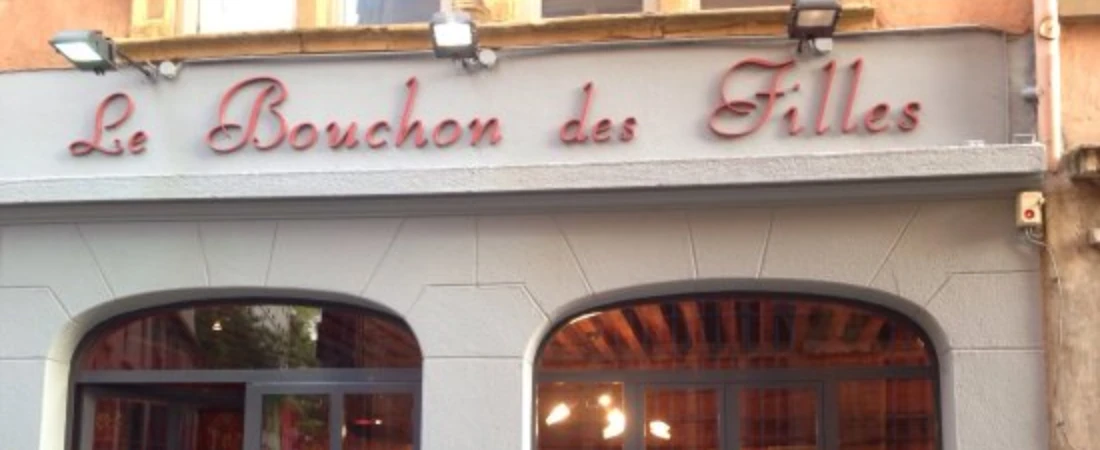
- La Mère Brazier – Founded in 1921, this two-Michelin-starred restaurant is a Lyonnaise institution. Chef Mathieu Viannay continues the tradition of haute cuisine.
- Le Bouchon des Filles – A women-run bouchon with a warm ambiance and delicious homemade fare.
- Les Halles de Lyon Paul Bocuse – A gourmet indoor food market with over 50 vendors selling cheese, charcuterie, pastries, and prepared meals. It's a foodie paradise.
- Takao Takano – This two-Michelin-starred Japanese-French fusion restaurant is a must-visit for culinary adventurers.
- L'Ébauche – A modern bistro with seasonal menus and creative presentations, perfect for a more contemporary taste of Lyon.
Shopping in Lyon
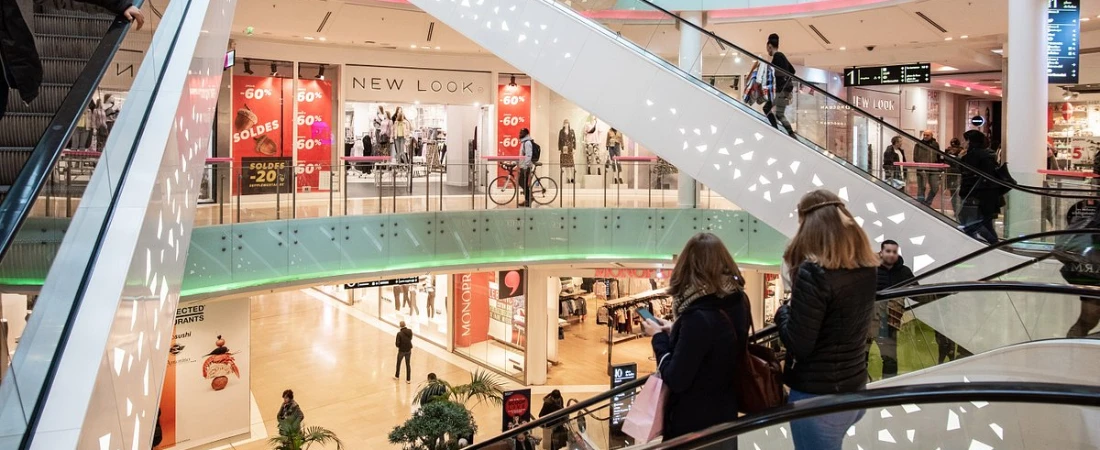
Presqu'île Area
The beating heart of Lyon’s shopping scene, Presqu'île features major international brands, chic boutiques, and local shops along Rue de la République and Rue du Président Édouard Herriot.
Croix-Rousse
Known for its bohemian charm, Croix-Rousse is the artisan quarter of Lyon. You’ll find independent designers, vintage stores, silk workshops, and weekly craft markets.
Part-Dieu Mall
One of the largest shopping centers in Europe, Part-Dieu houses hundreds of retailers, including Galeries Lafayette, Zara, Apple Store, and FNAC. Ideal for all budgets.
Nightlife in Lyon
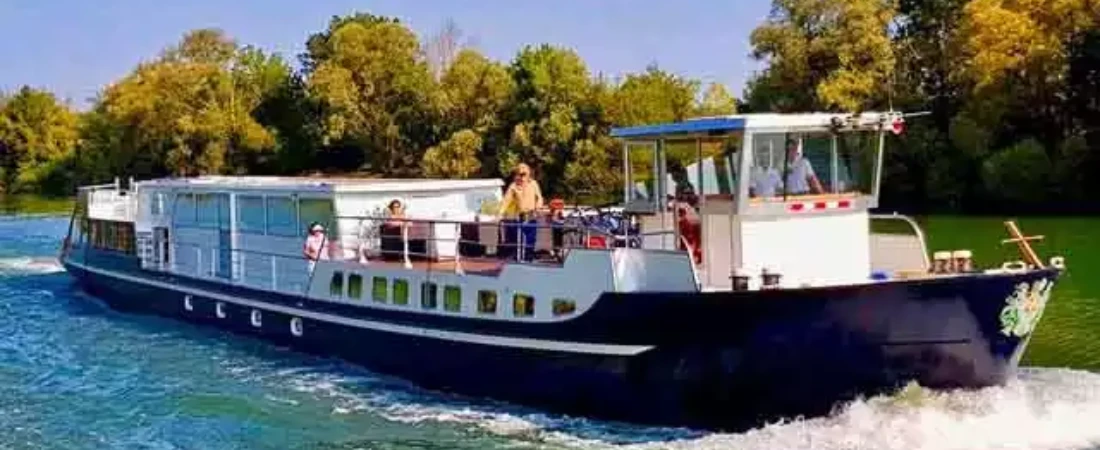
Rhône River Barges (Péniches)
Docked along the Rhône River, péniches are floating bars and clubs offering music, cocktails, and a unique ambiance. Le Sonic and La Marquise are two popular ones known for live music and DJ nights.
Wine Bars and Lounges
Lyon’s wine culture is strong. Visit Antic Wine, La Cave Café Terroir, or Chateauneuf du Pape Bar à Vins for tastings and local labels.
Underground Clubs
The city’s electronic scene thrives in clubs like Le Sucre (on a rooftop) and Le Terminal. These attract a hip crowd and feature both local and international DJs.
Nature and Green Spaces
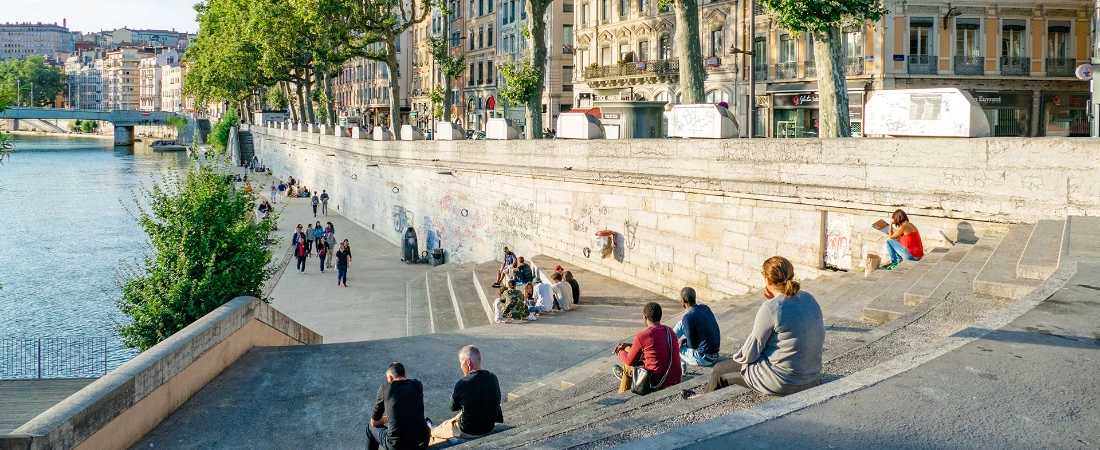
Parc de la Tête d'Or
This massive urban park features a botanical garden, large lake, free zoo, and vast lawns. Locals love it for jogging, boating, and picnics. It’s one of Europe’s largest city parks.
Saône River Walks
The walkways along the Saône River are ideal for a scenic stroll or bike ride. Enjoy peaceful views, public art, and bridges connecting the two riverbanks.
Fourvière Hill
Besides its religious significance, Fourvière Hill offers nature trails, viewpoints, and lush greenery. The view from the top captures all of Lyon’s magic.
Getting Around: Transport in Lyon
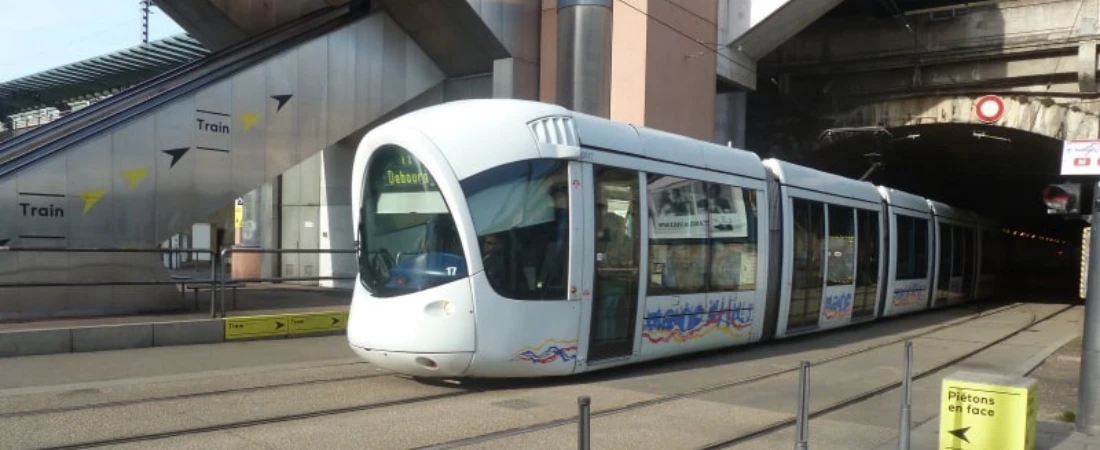
Lyon has one of the most efficient public transport systems in France.
Metro
Four metro lines connect major neighborhoods and landmarks. Clean, frequent, and user-friendly, it's ideal for tourists.
Trams and Buses
The tram system is sleek and serves newer areas. Buses run frequently and reach places the metro doesn’t. Tickets are valid across metro, tram, and bus.
Funicular
Two funiculars connect Old Lyon to Fourvière Hill, making it easy to access the basilica and Roman sites.
Biking
Lyon has a city-wide bike-sharing program called Vélo’v with hundreds of stations. It's eco-friendly and perfect for exploring at your own pace.
Best Time to Visit Lyon
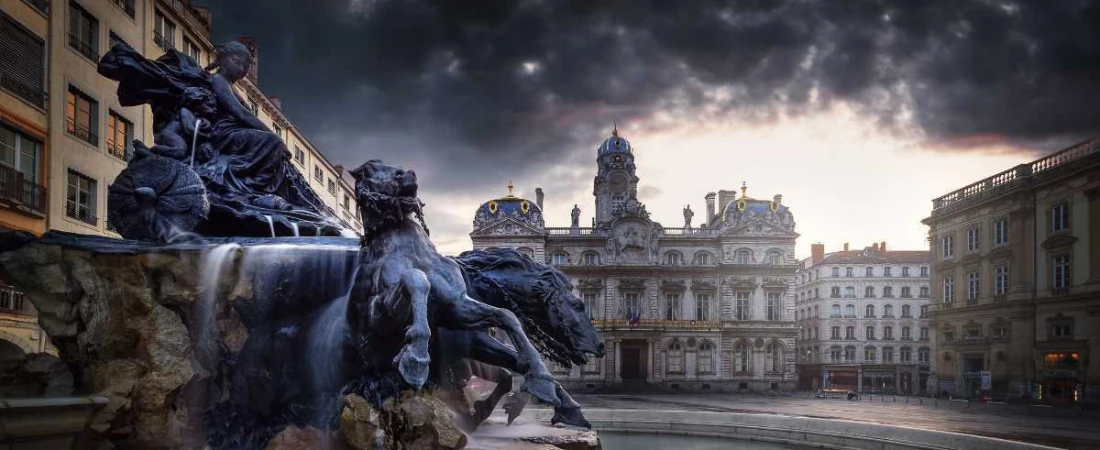
Spring and Fall
March to May and September to October offer pleasant weather, fewer crowds, and vibrant colors. It’s also ideal for food markets and riverside strolls.
Winter
Lyon’s Fête des Lumières in December is a must-see, transforming the city with artistic light displays.
Summer
While warmer and busier, summer offers outdoor dining, open-air concerts, and lively street life.
Why Visit Lyon
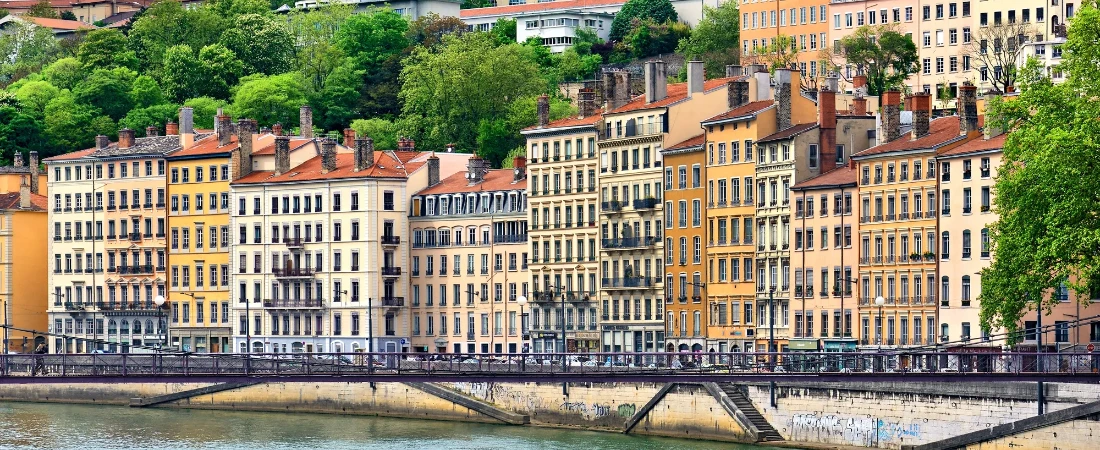
Lyon is more than a stopover between Paris and the south of France—it's a destination in its own right. With its historic charm, mouthwatering cuisine, artistic soul, and modern conveniences, it caters to every type of traveler. From romantic getaways to foodie pilgrimages, from quiet strolls to electrifying nightlife, Lyon has something unforgettable in store.
Final Thoughts
If you want to experience the authentic heart of France—where food is a way of life, history lives in every stone, and culture pulses through every street—Lyon is calling. Don’t just visit. Immerse yourself.


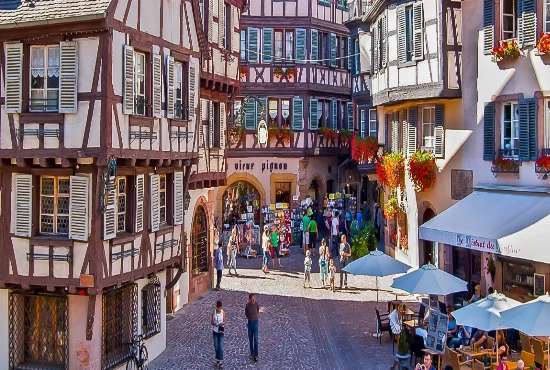
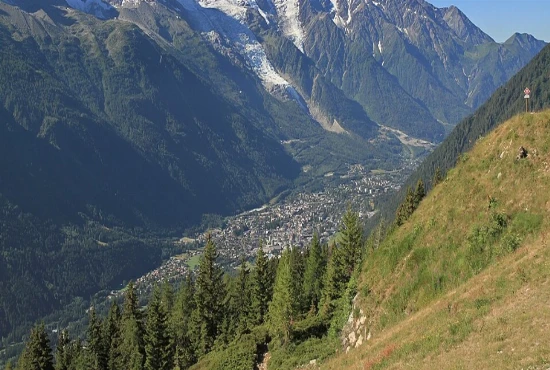
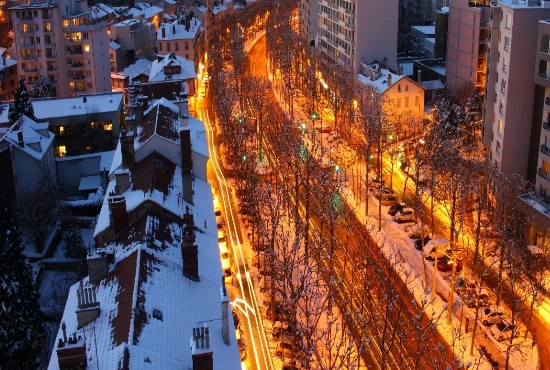

Leave a Reply